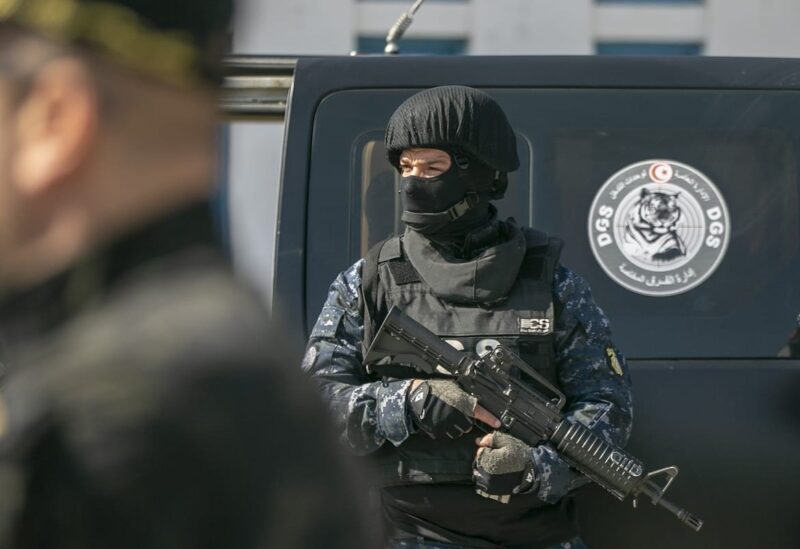
Tunisian police officer
Tunisia is detaining women repatriated with their children recently for having alleged ties to the extremists of Daesh, Human Rights Watch has revealed. Some of the women, said the rights group yesterday, have been subjected to ill-treatment, have Covid-19 and have been deprived of their rights.
According to human rights observers in Tunisia, between 11 and 18 March the local authorities repatriated ten women and fourteen children who have been held in prison in Libya, some for more than five years.
HRW called on the Tunisian authorities to ensure humane treatment and provide essential medical treatment for all repatriated women without delay. They should be granted full rights to due legal process while in detention.
“The authorities should assess the cases of those women individually and prosecute the ones who committed serious crimes. There is no excuse for depriving them of their rights,” said Hanan Salah , senior Middle East and North Africa researcher at Human Rights Watch. “Prison authorities should end all alleged abuse, ensure access to lawyers, and ensure that adequate preventive health care measures are properly taken to prevent the spread of Covid-19 among the detainees.”
HRW added that the Tunisian authorities should grant immediate unfettered access to lawyers and allow family members to visit the detained women.
The statement issued by HRW also indicated that Libyan forces confronted Daesh elements in Sebratha in February 2016 and Sirte in December 2016. They captured hundreds of women and children with suspected ties to Daesh fighters, from a number of nationalities, and detained them.
According to previous statements made to Anadolu by the Director of the Tunisian Human Rights Observatory, Mustafa Abdel Kabir, it has not been determined how many Tunisian citizens with family ties to Daesh militants are being held in shelters in Libya.
The Tunisian authorities were asked to comment but had not responded at the time of writing.